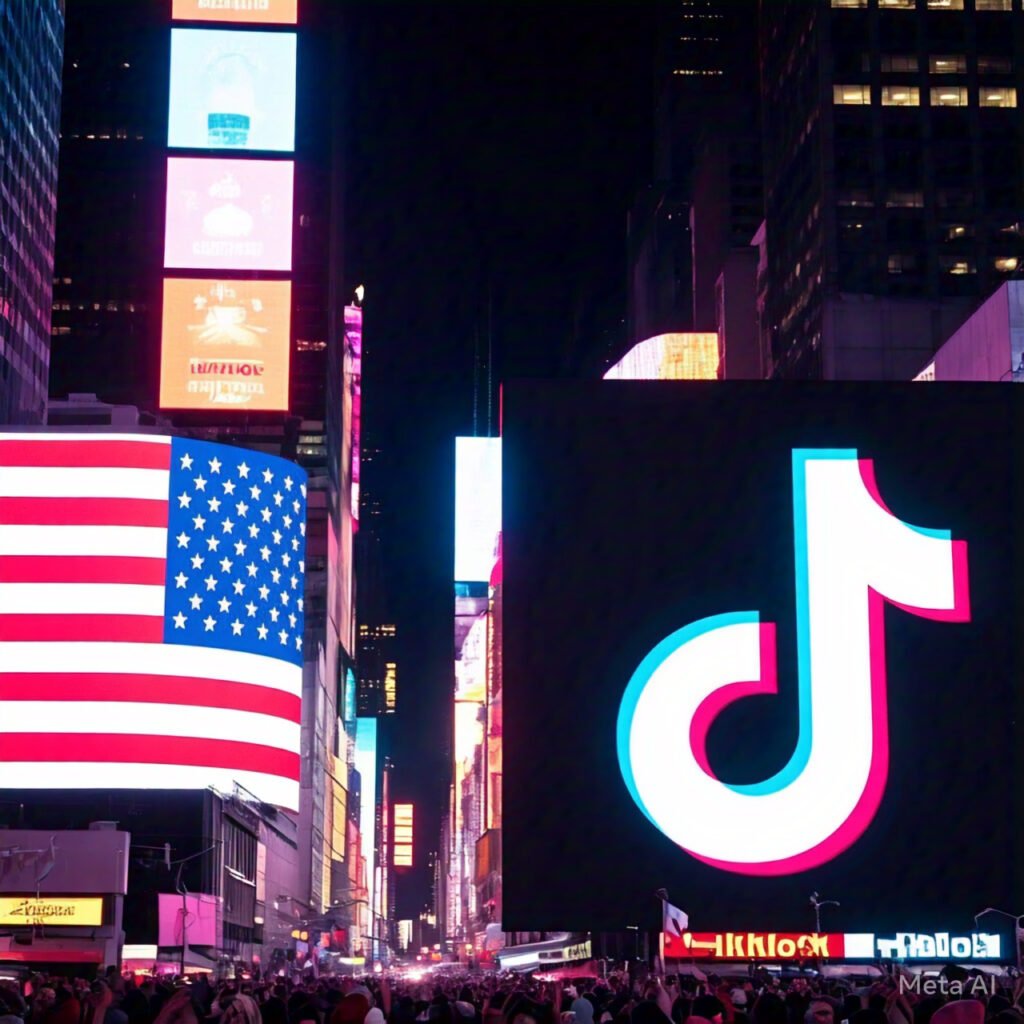Tick tock. The countdown is on. Only hours to go until TikTok might face a ban in the US, potentially wiping it off 170 million devices. Creators, businesses, and communities are holding their breath as January 19 draws nearer, uncertain how the digital landscape will shift.
Once a simple platform for short-form videos, TikTok has since become a key player in a global debate over tech power, privacy concerns, and the growing tensions between the US and China. The clock is ticking, and what happens next could reshape the future of social media.
At the centre of the issue is the US government’s demand on ByteDance, TikTok’s Chinese parent company, to divest from the app or face a nationwide ban. With the stakes this high, TikTok’s fate, along with the interests of its millions of American users, could have far-reaching implications on the global geopolitical landscape.
What’s Happening Now?
The US Supreme Court has agreed to hear TikTok’s bid to block the impending law forcing ByteDance’s divestment. ByteDance argues the law violates free speech rights, singling out TikTok with a legal framework not applied to other platforms. Arguments were presented to the court on January 10th, but a final decision is pending, and the deadline looms ominously.
Adding to the drama is President Donald Trump set to be inaugurated on January 20th. Trump has requested that the Supreme Court delay the ban, potentially to negotiate a middle ground and maintain TikTok’s presence in the US. Trump’s support for TikTok comes with an ironic twist, given his earlier efforts to ban the app in 2020. A sign of the social-media-loving president’s backing TikTok is, according to multiple reports, that CEO Shou Chew plans to attend Trump’s inauguration on Monday as one of his guests.
Why Is TikTok a Target?
The push to ban TikTok is deeply tied to mounting national security concerns, with privacy, influence, and control at the forefront. The platform’s vast data collection has sparked fears over how this information might be accessed by the Chinese government, especially under laws requiring companies to cooperate with intelligence efforts. Adding to the apprehension are suspicions surrounding TikTok’s algorithm, a system capable of shaping public opinion or amplifying certain narratives.
The US sees TikTok as a representation of China’s growing dominance in the tech sector. Efforts to restrict the app are aimed at reducing China’s influence in global technology and protecting American interests. Concerns from White House officials and some Democrats in Washington centre around the possibility of China’s authoritarian government accessing user data through TikTok, which they fear could be used for blackmail or to spread disinformation.
Last year, Congress passed a law giving ByteDance, TikTok’s parent company, nine months to sell the app to a US-approved buyer or face a ban. While the law wouldn’t stop people from using TikTok directly, it would force companies like Apple and Google to remove the app from their stores and block updates—a move that experts say would likely cause the app to fade away.
The Clash Of Interests
Congress has kept bipartisan support for laws targeting TikTok due to national security concerns. However, TikTok’s large user base, especially among younger Americans, has led to public criticism. Opponents argue that banning TikTok violates free speech and could set a concerning example for regulating technology.
Civil liberties groups warn that targeting a single platform for its national origin could have far-reaching consequences for digital rights. ByteDance echoes these concerns in its legal petitions, highlighting unequal treatment compared to US -based tech giants. However, in all this controversy, TikTok and ByteDance have denied any connection to the Chinese government and ruled out selling the app.
What Happens if TikTok is Banned?
Economically, US creators and businesses that rely on the platform for revenue and visibility would face significant disruption, as TikTok has become a key tool for marketing and content creation. The absence of TikTok could create a notable void in social media, one that may be filled by emerging US-based competitors, further intensifying the ongoing digital rivalry. The ban could also exacerbate existing mistrust between the US and China, amplifying the geopolitical tensions that already surround the app.
The next few hours will be crucial in determining whether TikTok survives or fades from millions of US devices, leaving many to wonder what comes next.



